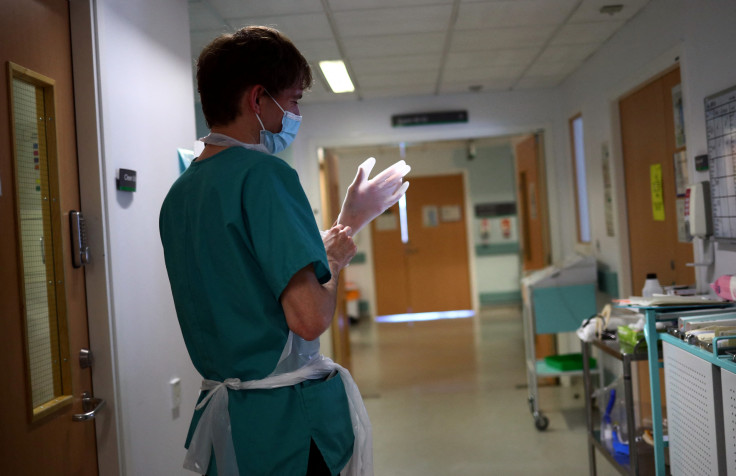More than a third of adults lack confidence in mental health hospitals amid scandals
New research shows that more than one in three adults have admitted to lacking confidence in a loved one being safe at a mental health hospital.

According to new research conducted by YouGov, on behalf of the UK's biggest mental health charity, Mind, more than one in three adults (35%) admit that they lack confidence in a loved one being safe if they required professional hospital mental healthcare. An additional third of people claim they are not confident that a mental health hospital would treat their loved one with respect (32%) or compassion (34%).
The findings of the research come following a string of sexual and negligence abuse scandals that have taken place within mental health hospitals over the last two decades. Recent cases include:
- More than 2,000 people died over a 21-year period at the Essex partnership university NHS foundation trust, due to misuse of restraint, exposed ligature points and staff falling asleep on the job.
- At Huntercombe Hospital in Maidenhead, there have been more than 1,600 sexual safety incidents reported in the last four years.
- Three women – Beth Matthews (26), Lauren Bridges (20) and Deseree Fitzpatrick (30) – died whilst receiving treatment at the Priory Hospital Cheadle Royal, a mental health hospital where staff procedures and poor conditions have recently been called into question. Matthews in particular died after allegedly "ingesting a substance that arrived in the post," taking her own life in the process. Bridges choked in her sleep after being on inappropriate medication, causing strong sedation. Fitzpatrick was found unresponsive in her room and later pronounced dead.
Also, nearly 86 per cent of people who have witnessed news stories about troubling and morally-questionable cases within mental health hospitals have been left feeling sad, worried, angry or frightened at the thought of sending a loved one to receive mental healthcare.
This research follows the launch of Mind's 'Raise the Standards' campaign, which serves to call directly on the British government to launch a statutory public inquiry into systematic failings within mental health hospitals. Incidentally, the research showed that 11 per cent of adults believed that the government were doing enough to protect patients in mental health hospitals from abuse.
Dr Sarah Hughes, Chief Executive of Mind, responded to the findings, saying: "One case of abuse, neglect or unsafe care is too many, people are suffering because of the shocking state of care in mental health hospitals. People should go to hospital(s) to get well, not to endure harm. This is wholly unacceptable and must be addressed urgently."
Hughes concluded: "It is time to raise the standard. As a first step, the Government must launch a full public statutory inquiry into these failings. Politicians must not stand by and allow one more person to go through this suffering. They owe it to every family that is picking up the pieces of a broken system."
Katie Wilson from Berkshire, who was diagnosed with bipolar disorder after attempting suicide, has been hospitalised six times for mental health treatment. She comments on her experience, saying: "I've been in and out of hospital(s) and the treatment you get is very poor, especially if you get admitted at the weekend, then you're really in trouble. I just feel like you're left shuffling around with really no help at all."
Wilson continued with concern, saying: "When people are mentally unwell, they really need attention. It felt like unless you present really extreme physical symptoms in front of the staff, you're invisible to them and this makes it really dangerous for people who need attention."
© Copyright IBTimes 2025. All rights reserved.






















